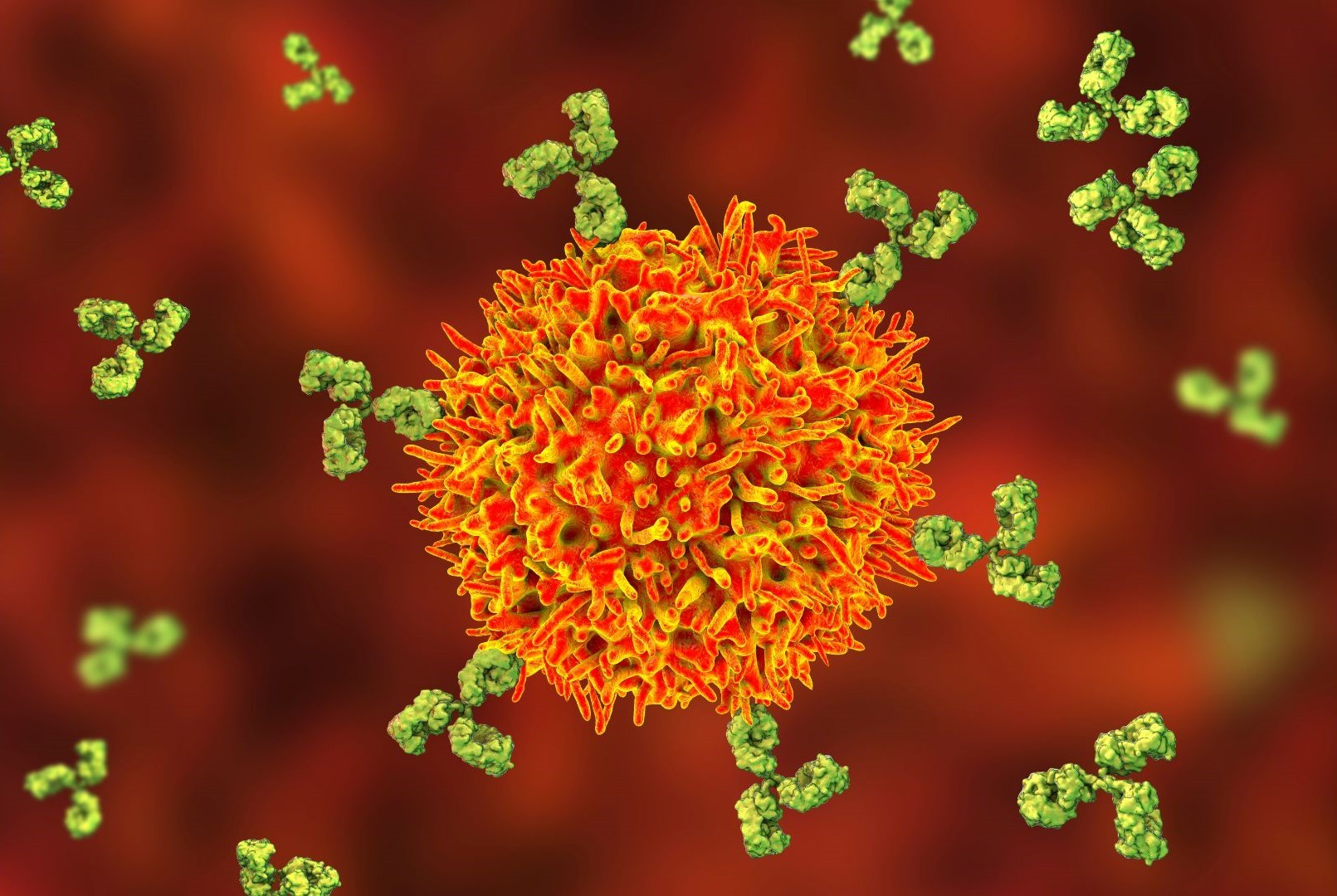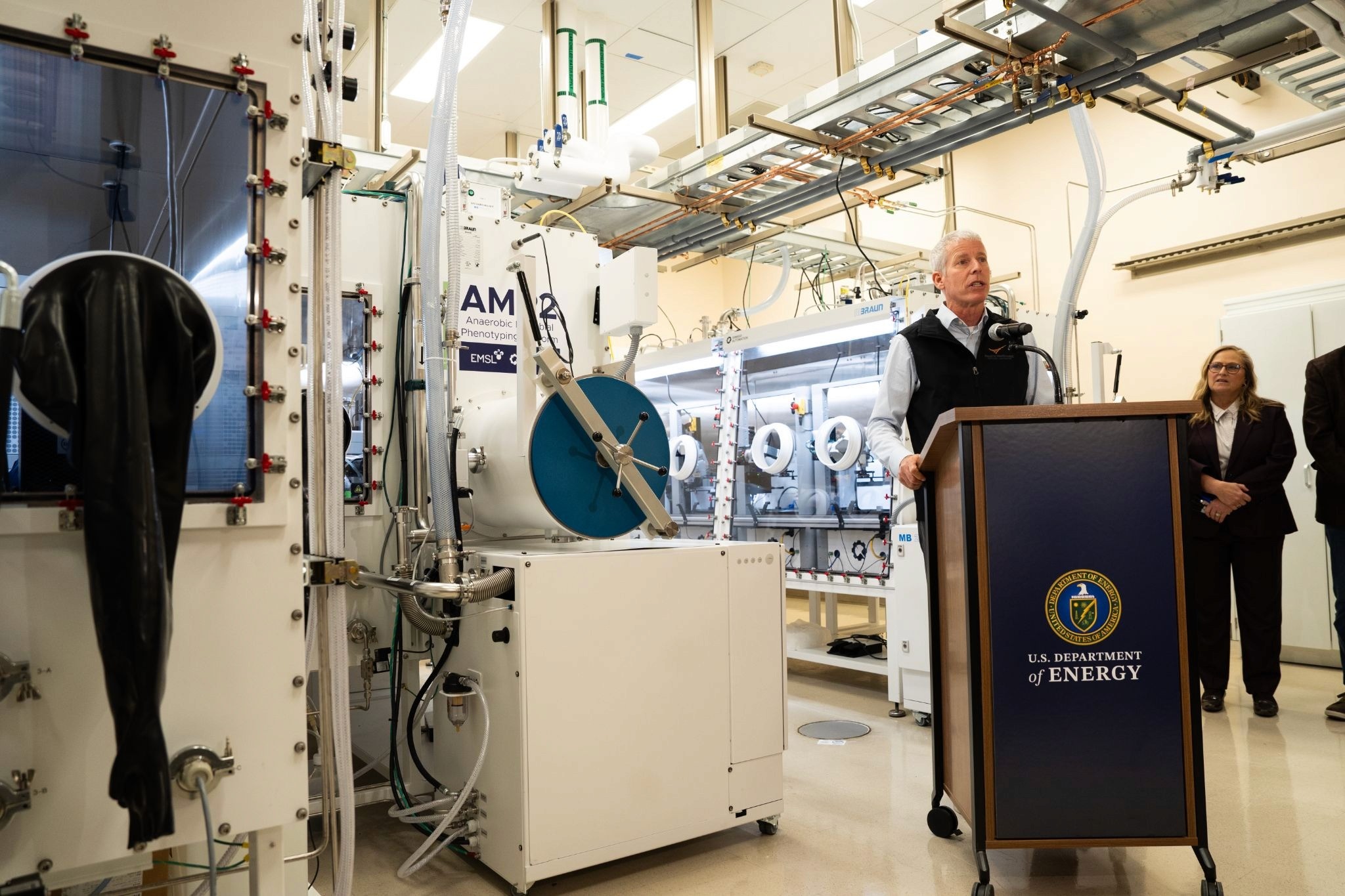Engineered Human Therapies
Revolutionizing Leukemia Treatment with Engineered Plasma B Cells
Researchers develop a novel approach using engineered plasma B cells to combat leukemia, marking a significant step towards sustainable cancer treatments
Jul 2, 2024
[Sciencephoto/Canva]
In a groundbreaking study, researchers have demonstrated for the first time that engineered human plasma B cells can be used to treat diseases, specifically leukemia, in a humanized animal model. This milestone marks a significant advancement in utilizing engineered plasma B cells (ePCs) as therapies for cancer, autoimmune disorders, and protein deficiency diseases. The study's results, published recently in Molecular Therapy, pave the way for future therapeutic applications of ePCs.
Pioneering a Single-Shot Therapeutic
"We hope that this proof-of-concept study is the first of many applications of engineered plasma B cells, eventually leading to a single-shot therapeutic," said Richard James, senior study author from the Seattle Children’s Research Institute. "Engineered plasma B cells can live for over ten years, potentially serving as a long-term source of various biologic drugs."
Immunotherapies that utilize cytotoxic T cells to kill cancer cells, such as bispecific antibodies, have significantly improved survival rates for patients with B-cell acute lymphoblastic leukemia (B-ALL). Blinatumomab, a bispecific antibody approved by the FDA in 2014 for treating relapsed/refractory B-ALL, requires continuous high-dose intravenous infusions to maintain efficacy. This intensive regimen poses challenges for patients, including the inconvenience of frequent bag changes and increased infection risks from ports.
"Bispecific non-immunoglobulin therapies face stability challenges in patients, necessitating three courses of 20-day steady-state infusion," James explained. "Enhanced drug delivery methods for bispecific antibodies like blinatumomab could improve patient adherence and bolster treatment efficacy."
A Novel Approach to Drug Delivery
James and his team developed a gene-editing strategy to generate ePCs capable of producing large quantities of bispecifics to target B-ALL or acute myeloid leukemia. Their findings demonstrated that ePCs secreting bispecifics could promote T cell-driven killing of primary human cells and human leukemic cell lines.
"One challenge we encountered was that the bispecific antibody used for killing tumor cells could also bind to the engineered plasma B cells because they express the same target protein," James said. "To overcome this, we deleted the protein target of the antibody, CD19, in the engineered cells. Surprisingly, the deletion of CD19 did not hinder the manufacturing of engineered plasma B cells."
The researchers discovered that plasma cells secreting anti-CD19 bispecific antibodies elicited antitumor activity in acute lymphoblastic leukemia patient-derived xenografts in immunodeficient mice co-engrafted with autologous T cells. The steady-state concentration of anti-CD19 bispecifics in serum one month after cell delivery and tumor eradication was comparable to that observed in patients treated with continuous infusion of blinatumomab.
Implications and Future Directions
The study's results suggest that ePC strategies could extend the functional half-life of bispecifics in patients with acute leukemias and other diseases where treatment half-life is a limitation or where plasma cell local delivery could enhance therapeutic efficacy. Prolonged, clinically relevant levels of bispecific and potentially other biologics could be achieved through a single administration of ePCs.
"Engineered plasma B cells can provide long-lasting drug production in vivo," James said. "These cells effectively eliminated tumors to a comparable extent as the clinical drug."
However, ePC bispecifics must be carefully evaluated for potential toxicities if used clinically. Persistent on-target, off-tumor toxicity to normal bystander B cells is common in patients receiving B cell-targeted therapeutics. "Additionally, for treating B cell malignancies, engineering a patient's own B cells for therapy poses a risk if some of the B cells are cancerous," James noted. "We did not test whether using a different person's B cells to produce the bispecific antibody is feasible. Studies using such allogeneic products will likely need to be conducted before this specific therapy can be used to treat B cell cancers."
The authors suggest further studies in humanized mice and non-human primates to fully understand the activity, longevity, and tissue localization of ePCs. "In the short term, we plan to test whether engineered plasma B cells producing bispecific antibodies are effective in other B cell-mediated diseases, including autoimmunity, in animal models," James said. "We are also developing engineered plasma B cells to produce other therapeutic drugs, such as those needed for protein deficiency diseases like hemophilia. Additionally, we are exploring applications of engineered B cells to modify other immune cells to either enhance or suppress the immune system."










